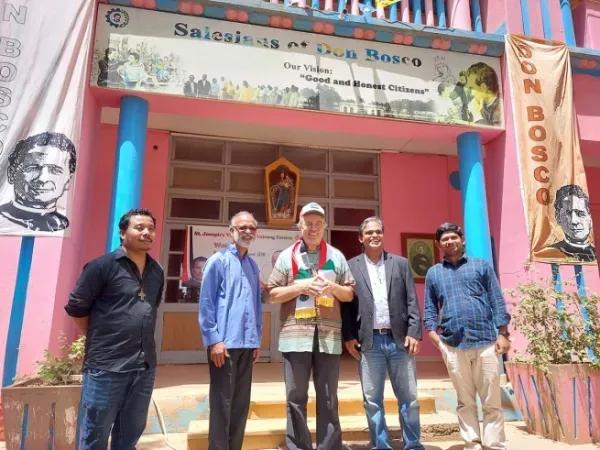Khartoum, 19 August, 2023 / 5:31 pm (ACI Africa).
“When two elephants fight, the grass suffers”, an African proverb says. In the case of Sudan, the two elephants are the two army Generals, Abdel Fattah al-Burhan (head of the Sudanese Armed Forces, SAF), and Mohamed Hamdan Dagalo (head of the paramilitary force, the Rapid Support Forces, RSF).
“The two idiots”, sighs Walid Ahmed, who is sitting on a bed, looks down, with one hand he holds his forehead and with the other he squeezes his wife's wrist. That day at the Darfur market almost the entire harvest of a territory as large as France went into flames... It is not a “civil war” since it does not arise from ideological oppositions or ethnic differences of the Sudanese people, but it is a violence that was unleashed when the head of the special forces realized that he could increase his power in Khartoum…
Thus begins the article “Martirio Sudan”, which appeared in the July/August 2023 issue of the “Bollettino Salesiano”, edited by Antonio Labanca, press officer of “Missioni don Bosco”, which describes the situation in the Northeastern African country where a fratricidal war has been fighting since April 15. And he reiterates with the words of the director of the House in Khartoum that the Salesians of Don Bosco (SDB) want to “continue to provide material and spiritual help to each person”.
The article echoes the call of “Salesian Missions” to raise aid for this emergency: “Sudan, devastated by several wars for decades, including the conflict in Darfur in 2003 and the resulting devastating humanitarian crisis, is in a very unstable region: many neighboring countries have suffered major political upheavals and conflicts, and this continues to cause millions of refugees throughout that area.”
The voice, collected by the journalist, which comes from the theater of war, is that of Fr. Mathew Job, the Director of the Salesian community of the city of Al Ubayyid (El Obeid), in the Southwest of the country, who asks the world to talk about what happens since this “is not the moment of silence”. However, despite everything, the missionaries decided to stay in Khartoum and El-Obeid as long as political-military conditions allow it.








